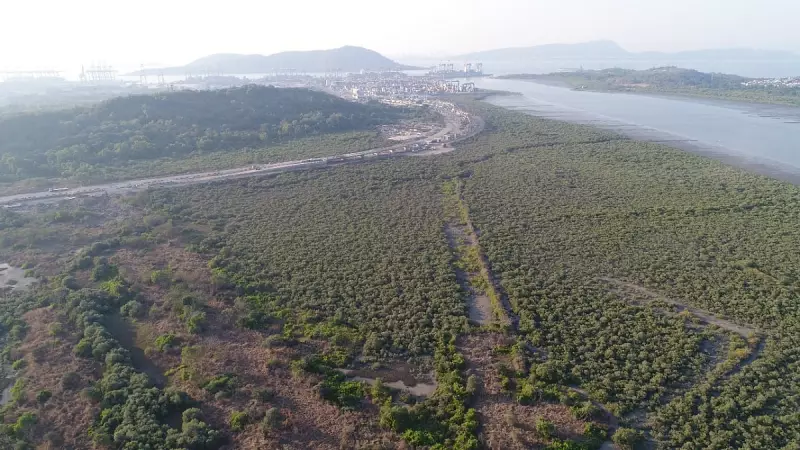
The Maharashtra Coastal Zone Management Authority (MCZMA) has taken decisive action against alleged violations in the Pradhan Mantri Awas Yojana (PMAY) housing scheme in Raigad district, issuing a strict seven-day deadline to the district collector to investigate and report on the breaches.
Environmental Group Flags Repeated Violations
The crackdown comes in response to fresh complaints filed by environmental advocacy group NatConnect Foundation, which has been persistently raising concerns about coastal regulation zone violations in the implementation of the affordable housing scheme. The organization has approached the Prime Minister's Office twice within the past year, highlighting serious environmental breaches that threaten the fragile coastal ecosystem.
Mrityunjay Bose reported on November 13, 2025, that the MCZMA order represents a significant escalation in the ongoing dispute between environmental protection advocates and housing development authorities. The coastal regulatory body has demonstrated its seriousness about enforcing environmental norms by setting such a tight deadline for the district administration.
Seven-Day Deadline for Comprehensive Investigation
The Raigad collector now faces the challenging task of conducting a thorough investigation into all alleged PMAY scheme violations within the constrained timeframe. The order specifically mandates the district administration to identify all instances where coastal zone regulations have been compromised during the implementation of the housing project.
This development marks a crucial moment in the ongoing tension between development initiatives and environmental conservation efforts in Maharashtra's coastal regions. The PMAY scheme, while aimed at providing affordable housing, must adhere to strict environmental guidelines, particularly in ecologically sensitive coastal areas.
Growing Concerns Over Coastal Protection
The repeated interventions by NatConnect Foundation highlight the increasing scrutiny environmental groups are placing on development projects in coastal regions. Their persistence in approaching the highest levels of government, including the Prime Minister's Office, underscores the seriousness of the alleged violations and the potential environmental impact.
The MCZMA's firm stance sends a clear message to all stakeholders that environmental regulations cannot be compromised, even for well-intentioned social welfare schemes like the Pradhan Mantri Awas Yojana. The authority's action demonstrates its commitment to balancing development needs with ecological preservation.
As the seven-day deadline progresses, all eyes will be on the Raigad collector's office to see how they address these serious allegations and what measures they propose to rectify any confirmed violations in the PMAY implementation.





